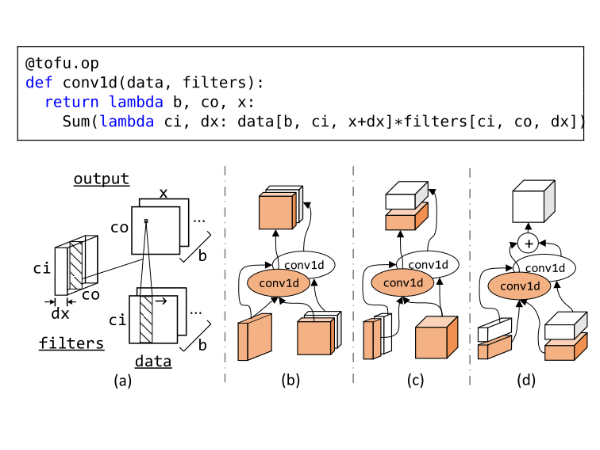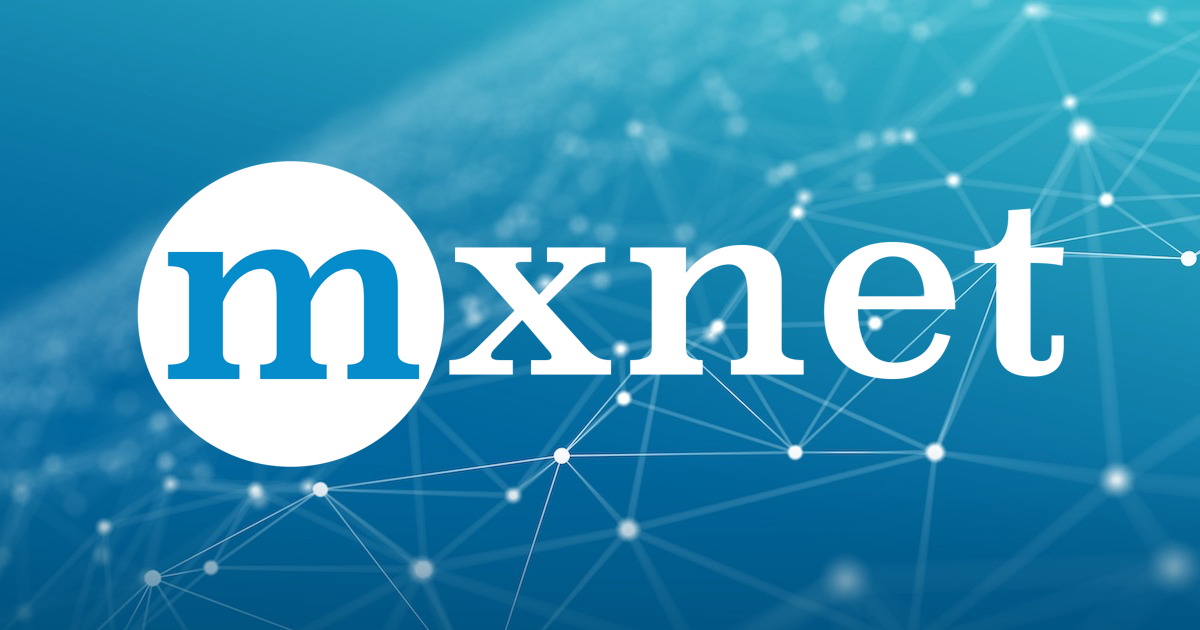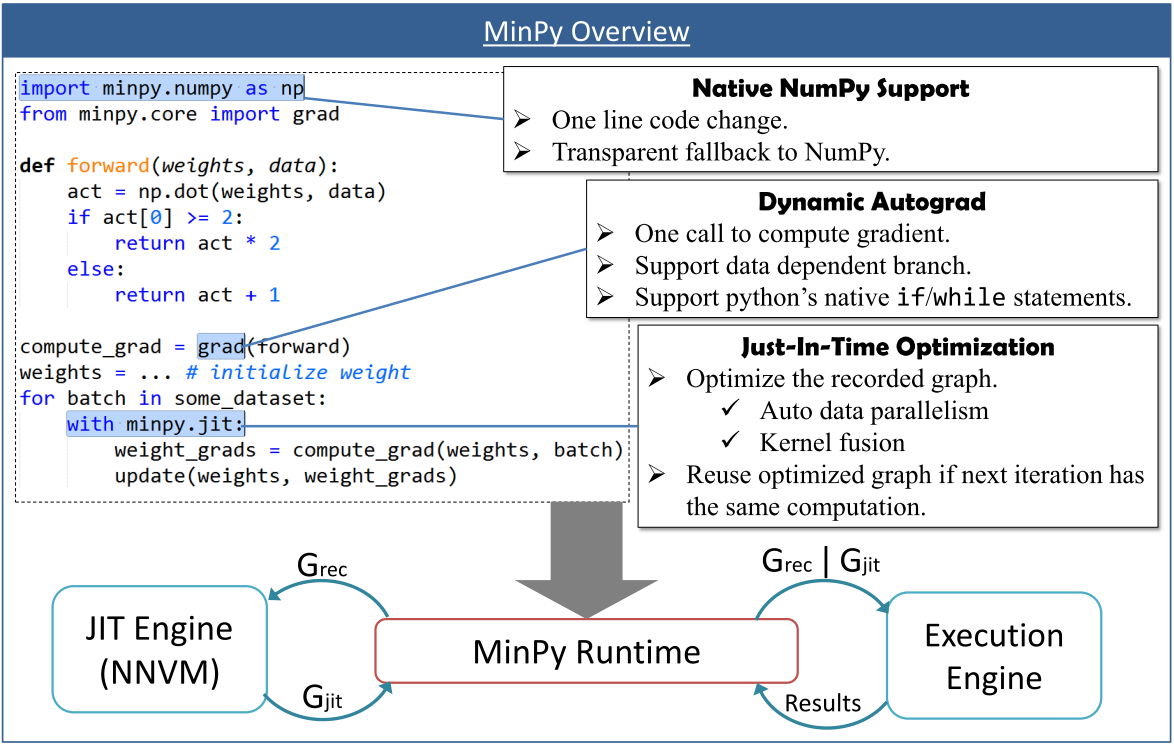I have joined Amazon AI Lab Shanghai as an applied scientist. I will continue work on
- Building scalable distributed systems for machine learning algorithms.
- Researching new machine learning models for enormous graph data.
- Engaging with real customers with machine learning solutions.
- Maintaining open source projects and communitites.
I am actively hiring interns, so if you are interested, please email your resume to me.
I obtained my Computer Science Ph.D. degree at NYU in 2020, advised by Professor Jinyang Li. My research interest is the edge area of machine learning and system, including system design for large-scale machine learning, or applying machine learning techniques to system challenges. Before joining NYU, I got my M.S. and B.S. degrees from Shanghai Jiao Tong University, advised by Prof. Minyi Guo. During my master study, I spent two years in Microsoft Research Asia, advised by Zheng Zhang, where I began my journey in machine learning system area. I love contributing to open source projects and co-found DMLC -- a lovely community of brilliant open source hackers.





